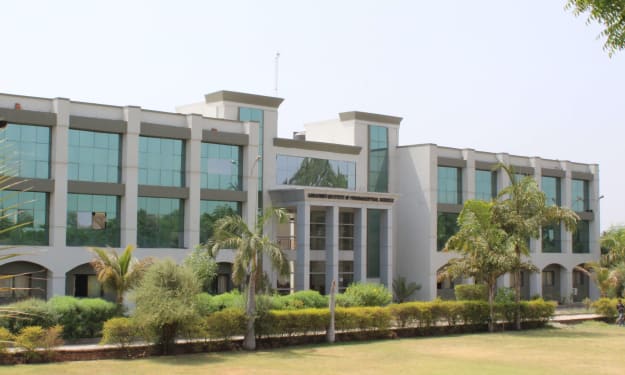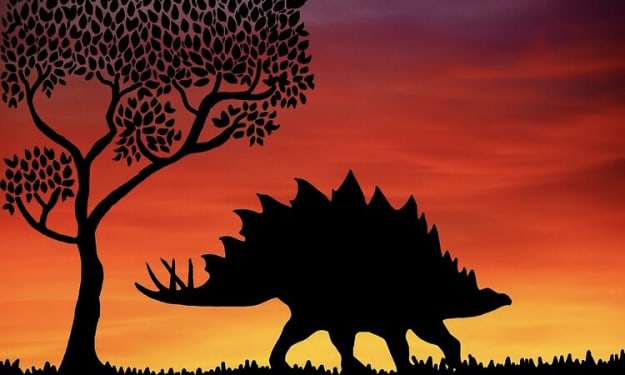Understanding Jean-Jacques Rousseau's Philosophy of Education
An in-depth analysis of Rousseau's "Emile" and its implications for modern education

Jean-Jacques Rousseau’s philosophy of education, as outlined in his book "Emile, or On Education," is based on the idea that children should develop a strong, virtuous character, the ability to reason, and a refined sense of sentiment. The goal is for children to become self-governing adults who can resist temptations, think for themselves, and appreciate the finer things in life.
Rousseau’s ideas were influenced by the philosopher John Locke, who believed that children are born as blank slates, and it is the environment and experiences that shape their character. Rousseau, on the other hand, believed that children are born essentially good, and it is the responsibility of parents and educators to protect them from those who could influence their innocent minds. He also believed that education should be tailored to the child's individual interests and abilities, rather than imposing a one-size-fits-all approach.
"Emile, or On Education" tells the story of a boy named Emile, who goes through childhood, boyhood, preadolescence, adolescence, and adulthood, all under the guardianship of his parents and a tutor. Each stage of Emile's development is carefully crafted to ensure that he grows into a virtuous adult who is capable of self-governance.
In the first stage, early childhood, Emile's physical development is emphasized. Rousseau believed that the mother should be the one to feed the child, as she naturally loves the child more than anyone else. Emile is placed in a large cradle where he can move freely, and he wears loose clothing to allow him to make experiences with all his senses. Rousseau believed that dressing children too warmly makes them weak. If Emile doesn't want to eat, he is supported, and if he wants to use his left hand, he is allowed to do so. Beating or shouting at the child is avoided, and instead, Rousseau encouraged parents to try to understand their child's cries, which he called "our first language."
In the second stage, boyhood, Emile is educated to perfect his senses, as the mind needs a wide range of trained senses to perceive information correctly and develop good judgment. Instead of recommending books, the tutor lets Emile play games and conduct natural experiments outside. The city or a school is not the right place for a child at this age. Emile learns to tell right from wrong by experiencing the consequences of his actions. Instead of actively teaching, the tutor is merely a bystander who is there to protect the boy from those who want to influence his thinking or teach him bad habits. Over time, Emile learns morality and virtue naturally.
In the third stage, preadolescence, Emile is ready to learn how to reason. Rousseau believed that only self-directed learning led to the discipline necessary to acquire real knowledge. The tutor therefore trusts Emile's interests, and if the boy wants to learn history, history he learns. Languages are acquired naturally through conversations. Emile is also taught carpentry, a manual labor that requires creativity and intellect, which helps him become a virtuous adult who knows the value of hard work. Doing such work also keeps Emile out of trouble and allows him to make a living in the event of a change in fortune.
In the fourth stage, adolescence, Emile is ready for the last part of his education: sentiment. Only now is he capable of understanding complex emotions such as true compassion. Emile now becomes a loving person who learns to live with, and for, others. The tutor begins formal education and introduces the passionate boy to concepts such as religion. Children who learn such complex ideas earlier are unable to think about them freely and hence just recite what they have been told. Emile, whose character has been formed through the preceding stages, is now able to evaluate and choose the concepts he wants to adopt and live by. He is not limited by his tutor's beliefs, but is free to form his own.
Throughout Emile's education, Rousseau stresses the importance of nature, allowing Emile to develop at his own pace and without societal pressures. Rousseau believed that society had corrupted man's natural goodness, leading to inequality and injustice. He proposed a return to nature, where man could live simply and virtuously. This idea influenced the Romantic movement of the 19th century, which celebrated nature and individualism.
However, Rousseau's educational philosophy has been heavily criticized. Some argue that it neglects the importance of formal education and academic instruction. Others point out that his ideas were limited by his own biases, particularly his views on gender. Rousseau believed that women were naturally inferior to men and should receive a different education. He also believed that education should not be extended to the lower classes, as they were incapable of reason.
Despite these criticisms, Rousseau's ideas continue to influence education today. His emphasis on the importance of nature and individualism has led to the development of alternative educational models, such as Montessori and Waldorf. These schools prioritize a child's natural curiosity and creativity, allowing them to learn at their own pace and in their own way. The idea that education should be tailored to the individual needs and abilities of each child has also become a fundamental principle of modern education.
In conclusion, Rousseau's Emile is a seminal work in the history of education. It proposes a radical approach to education, one that emphasizes the importance of nature and individualism. Rousseau believed that education should not be a matter of forceful instruction, but rather a natural process that allowed the child to develop at their own pace. His ideas have had a lasting impact on education, inspiring alternative models and encouraging a greater focus on individual needs and abilities. While his ideas have been criticized, Emile remains a powerful testament to the importance of education in shaping the development of the individual and society as a whole.





Comments
There are no comments for this story
Be the first to respond and start the conversation.